FILAMSPEAK: What do you know about the Marcoses?
They are the children of the Martial Law Babies. In the U.S., they are the Filipino Americans in their teens to their 30s who were born after the Marcoses have fled the country in 1986 or were of a young age with no hint of political consciousness whatsoever during the Conjugal Dictatorship’s reign of terror from 1972 and into the ‘80s.
The generation that preceded them worries that the harrowing memories of military tortures, the loss of freedoms, the massive corruption, the rapes and the unsolved murders, and the arrogance of the people in power at the time will be totally forgotten or worse, consigned to historical irrelevance.
Just like the Haitian people for whom the name ‘Duvalier’ never left their embittered lips, some Filipinos are determined to keep the memories part of contemporary consciousness. Because when confronted with outrageous lapses in judgment — such as former political activists running in the same party as the Marcoses — it becomes the collective responsibility to remind and to rage. It is the most we can do so that the generations that come after us do not wallow in a sense of ambivalence and throw in our faces that ‘The dictatorship was your battle, not ours.’
We asked five young FilAms to share with us what they know or remember about the past and the Marcoses. The core of what the dictatorship was all about remains: the word ‘Marcos’ is synonymous with ‘danger, violent death and silence.’
 Laurel Fantauzzo
Laurel Fantauzzo
Writer
MFA student
University of Iowa
My awareness of the Marcos regime changed over my adolescence and early adulthood. During my high school years in Southern California, my mother mentioned offhand she’d been organizing the poor in Manila, and putting up posters, and that police had been looking for her. She mentioned, too, that she had friends who went to the mountains and had been killed by the military.
Whenever I asked her more — what did the posters say? Who were your friends? What mountains? What would the police have done had they caught you? — she shook her head and stopped talking. Even before I went back to the Philippines of my own accord, the name Marcos, to me, was associated with danger, violent death, and silence.
Over the past five years, flying back and forth between Manila and the States, I’ve found that the same remains true in Manila today. Torture victims of the Marcos regime still run into their torturers, on trains, on Facebook, or at political events. Yet an amnesia of the horror of those years still threatens the Philippines’ future. Some claim to feel a nostalgia for the so-called security of Martial Law. Marcos family members –including Imelda herself — retain political power. Marcos’ defense minister, Juan Ponce Enrile, enjoys his seat in the Senate. Movies and literature — the latest among them “Subversive Lives,” a memoir which documents the suffering inflicted by Marcos on one family — fight back against the loss of national memory that may lead to the horrifying reprisal of martial law. But Enrile published a memoir, too, which vastly outsold “Subversive Lives.”
Whether the danger, violent death, and silence of martial law will shadow the country again remains a tragically open question, one which my generation of Filipinos will have to answer.
 Marc Labaguis
Marc Labaguis
Sophomore
Saint Peter’s University, Jersey City
As a 19-year-old Filipino American, my knowledge of Ferdinand Marcos is very little. I lived in the Philippines for the first eight years of my life. The only fact that I know about Marcos is that he was a controversial leader in Philippine history.
I’ve always wondered what Marcos did for the Filipinos during his tenure. I can just imagine from historical perspective how deprived the Filipinos were with the lack of resources they had and little abilities they could do to make the Philippines a better place to live in. Technology was so underdeveloped during that time and the media (television, newspapers and radios) was the only way people knew what was going on.
I also heard that there was a lack of speech in the Philippines during his tenure and that ability may be the important ability people have in order to keep things in order. Before being aware of Ferdinand Marcos, I knew about the shoe-addict Imelda Marcos. Although I’m only familiar with a vague description of Ferdinand Marcos, there is no doubt in my mind that he left a permanent mark in Philippine history.
Paul Joshua Salas
Senior
Philadelphia College of Pharmacy 
All I know is that they basically were tyrants. They used all the people for their own selfish pursuits, such as the first lady buying a lot of expensive shoes. I got much of my information from the media. I was watching something about a while ago on the History Channel. I just want to know where all the money has gone to.
 Tim David
Tim David
Skating champion
As I recall at my early age, when school and all businesses were shut down, jets and helicopters were flying above our house every three minutes, that it was an intense situation. The radio was on in our dining room and the TV was set on that one channel.
My parents went to Edsa with their prayer group, despite my grandparents’ disapproval. My mom often tells me this story of the head sniper pulling the plug from shooting hundreds of Filipinos in Edsa. He saw the people down below in formation of the cross. My parents were among those down below.
I do remember watching the TV feed fade as Marcos had his last televised statement. My next memory was being at the celebration and going up on the deserted tanks and watching the mini concert of joy. As much as I heard many horror stories of the dictatorship, the Marcoses did however build many historic landmarks that is the country’s main attraction. So many, many sad pictorials though of our people’s struggle.
Kristina Joyas
Works at Memorial Sloan Kettering Cancer Center 
My foundation on the Marcos dictatorship was minimal at best. I wasn’t until I strengthened this with research and my personal desire to learn and started to conceptualize what the reality of life was like during martial law. I became aware of the student activism that built momentum from opposition to his regime. I learned that the likelihood of arrest that my father once spoke of, was not just from breaking curfews, but from dissent. I became knowledgeable of the background story, on how Marcos came to power and held it through shifty political moves and manhandling the Pilipino government/military.
In addition to blatant human rights violations and internal corruption, many of Marcos’ government policies continue to harm the Philippines to this day. To add injury to insult the people who were enforcing his harsh policies directly to the people, such as the military used against political prisoners were still allowed to remain in their positions after the transfer of power to the Aquino government. His Pro-Vietnam War policy also allowed for American GI’s to use the Philippines as a ‘rest and recreation’ center to seek ‘comfort’ from Filipina women, a practice that developed the ‘entertainment industry’ in areas surrounding military bases. His economic policies fostered a culture that emphasized cheap labor rather than industrialization, stunting the growth of the economy and encouraging the concept that people are commodities, leading into the creation and sustaining the concept of the OFW for remittances to support the country.
Recently, I’ve revisited this topic via UniPro’s People Power Anniversary and brushing up with Ninotchka Rosca’s “Endgame.” These firsthand accounts of people directly affected by Marcos’s rule reinforced whatever knowledge I had and bring it back full circle to a human quality of how Marcos affected our people. I believe, as with any event in history, that in order to fully understand, it takes the habitual practice of learning and relearning from multiple sources.
 Trust our award-winning law firm with your immigration case.
Trust our award-winning law firm with your immigration case.

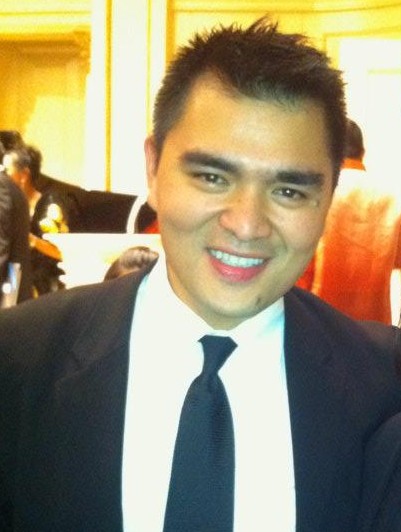
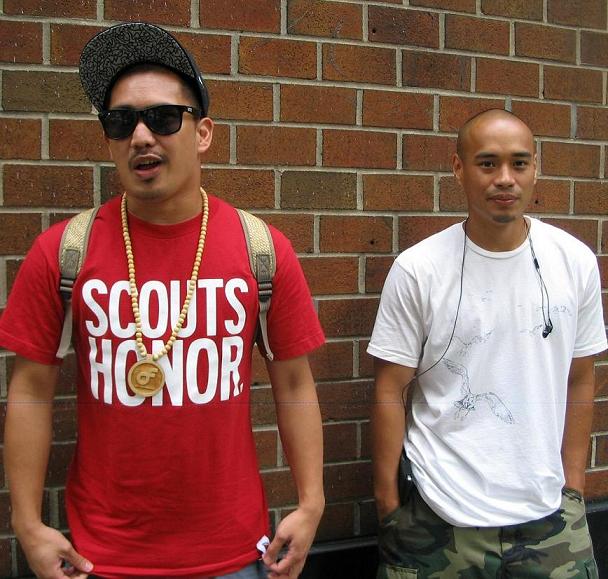
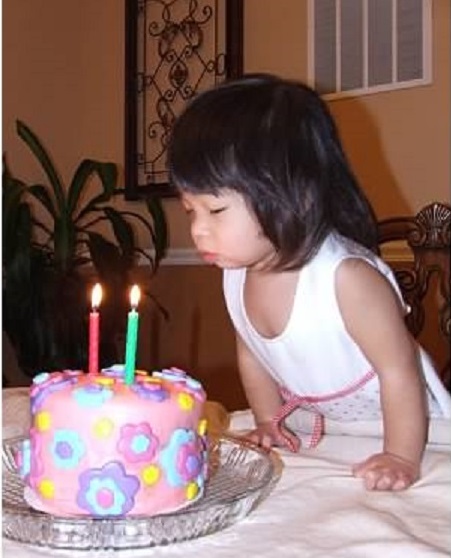
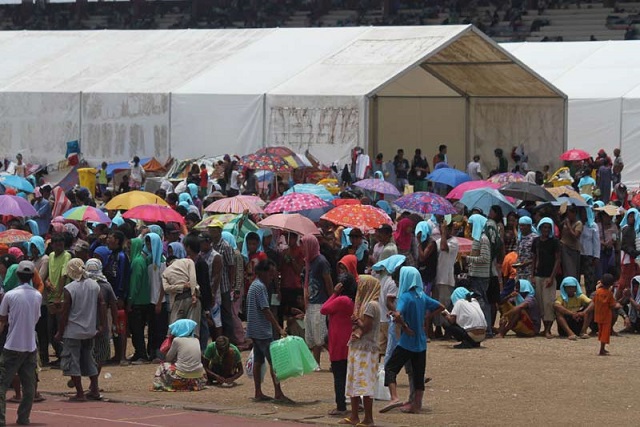
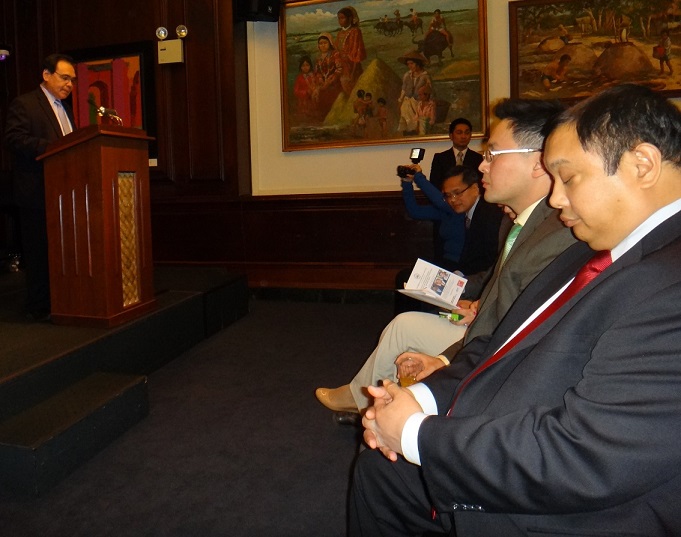

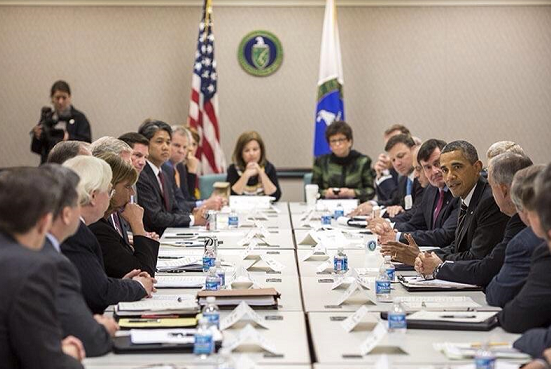

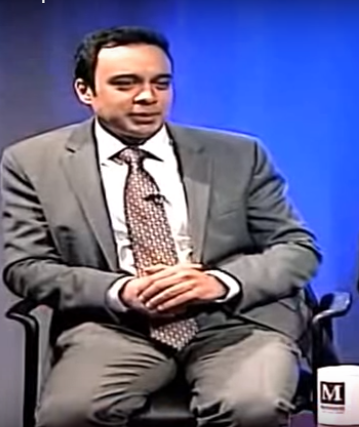
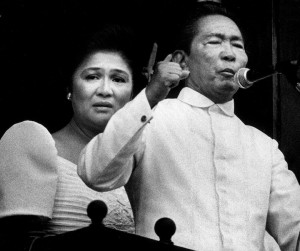

I wonder why the Filipino people and Filipino government allowed members of the Marcos family to hold political office in the first place.
I have known about the Philippine during the Marcos’s era and its effect on the Filipino people during his rule.
Most of the Filipino youth under 30 don’t have much clue about the Marcos era. They need to learn about on their own or in history books.
Very nice post. I undoubtedly adore this site. Keep it up.